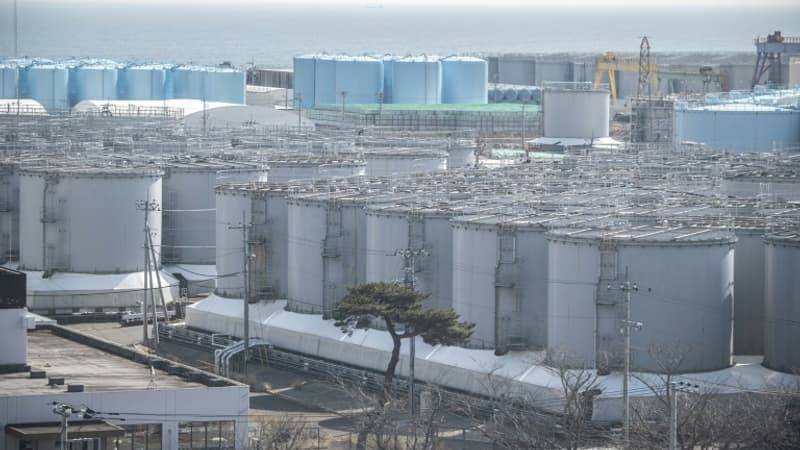While China and Hong Kong in particular threaten to boycott Japanese food products produced near Fukushima, the European Union (EU) has lifted all import restrictions. This was announced on Thursday by the president of the European Commission, Ursula von der Leyen, at the EU-Japan summit, according to a statement released the same day.
This decision comes as the Japanese authorities have just obtained the green light from the International Atomic Energy Agency to discharge water from the damaged Fukushima nuclear power plant into the Pacific Ocean.
“A Negligible Impact”
The Japanese government plans to release more than a million tons of water that has passed through the plant over several years, after having diluted it and treated it with a decontamination system that removes radioactive elements except for tritium.
“The IAEA has concluded that the process and activities for the discharge of treated water (…) comply with relevant international safety standards,” according to its report.
Concern in neighboring countries
This announcement by the European executive clashes with the reactions of neighboring countries. Hong Kong plans to impose restrictions on all seafood farmed in risk areas as soon as landings begin this summer. For its part, China calls for the suspension of the project.
The country has already announced that it will maintain a ban on food imports from 10 Japanese prefectures, including Fukushima, and will strengthen inspections. While in South Korea, salt prices have risen over fears of future contamination, leading to shortages.
In its statement on Thursday, the European Commission demanded that the Japanese government continue to monitor the radioactivity of domestic food production.
Source: BFM TV


